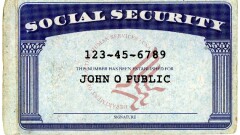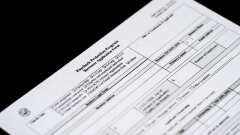The coronavirus has affected virtually everyone in the nation. Its impact will be felt for years, with far-reaching effects on how practitioners work, the financial status of their clients, and the tax planning issues resulting from new legislation.
With that in mind, we asked experts to weigh in on how practitioners will be affected and what they need to know to adapt to the new environment created by the pandemic.












